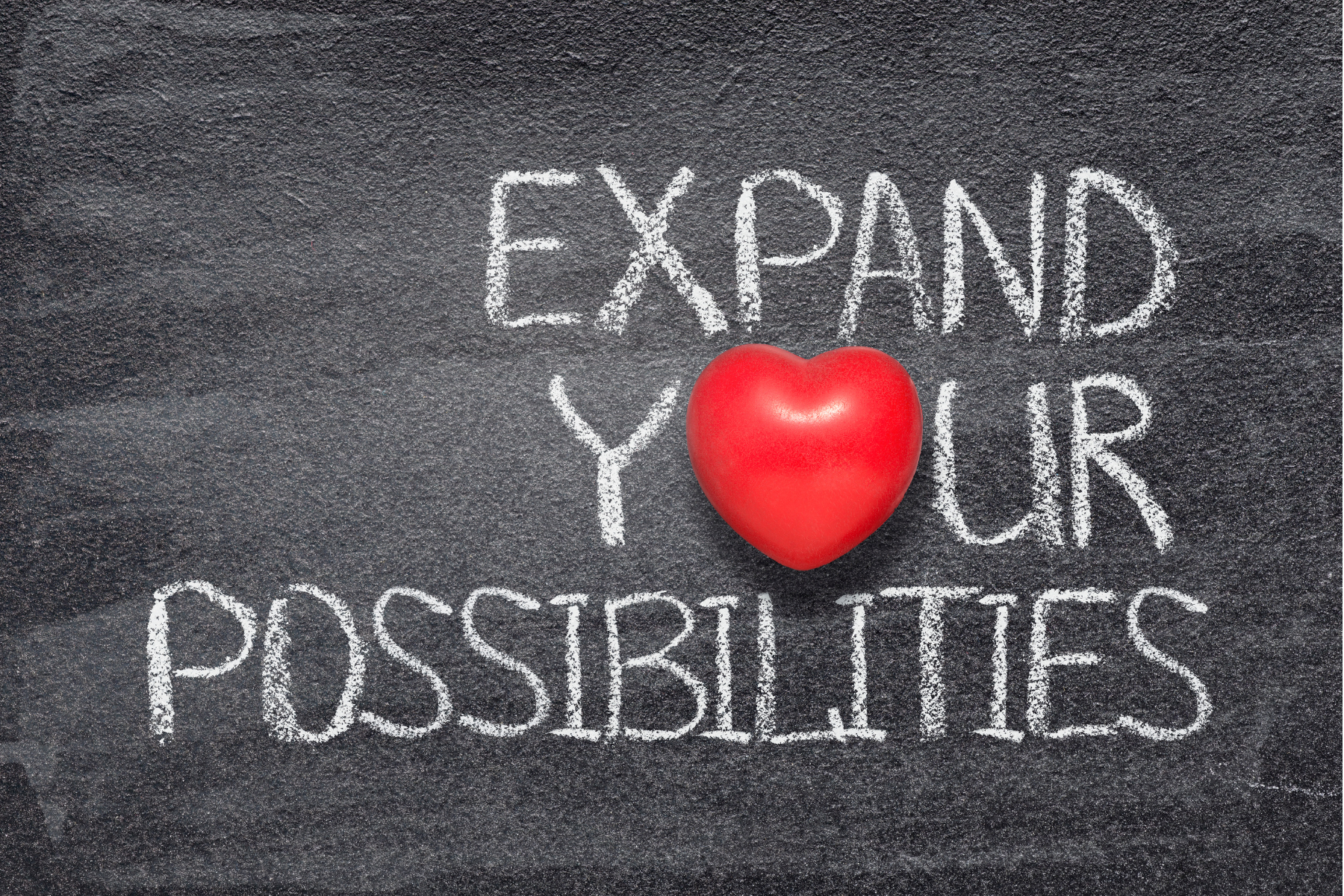How Open Minded Are You?
Because if we are not then we shut ourselves off to being seen as someone who is willing to listen, consider others points of view, be intellectually flexible and be open to personal growth. So how open minded are you?

Most of us would like to think we would say 'very open-minded' to that question wouldn't we?
Why do you think that is?
Because if we are not then we shut ourselves off to being seen as someone who is willing to listen, consider others points of view, be intellectually flexible and be open to personal growth. So how open minded are you?
On the flip side, some common traits associated with being closed-minded are
- Rigidity: Closed-minded individuals tend to be rigid in their thinking and beliefs. They may adhere strictly to their own viewpoints and dismiss alternative perspectives without giving them fair consideration.
- Intolerance: Closed-minded people may demonstrate intolerance towards ideas, beliefs, or lifestyles that differ from their own. They may be quick to judge or criticise others who hold different opinions.
- Defensiveness: Closed-minded individuals may become defensive when confronted with ideas or information that challenge their beliefs. Rather than engaging in constructive dialogue, they may resort to dismissing or ignoring opposing viewpoints.
- Stubbornness: Closed-minded individuals can be stubborn and resistant to change. They may cling to their existing beliefs even in the face of compelling evidence or arguments to the contrary.
- Closed Communication: Closed-minded people may exhibit closed communication styles, such as refusing to listen to others or dominating conversations without considering alternative viewpoints. They may also be dismissive of feedback or input from others.
- Fear of Uncertainty: Closed-minded individuals may feel uncomfortable with uncertainty or ambiguity. They may prefer the familiarity of their existing beliefs and resist anything that challenges their sense of security or stability.
- Confirmation Bias: Closed-minded individuals may exhibit confirmation bias, selectively seeking out information or evidence that confirms their existing beliefs while ignoring or discounting information that contradicts them.
- Authoritarianism: Closed-minded individuals may be inclined towards authoritarian or dogmatic thinking, preferring to defer to authority figures or established traditions rather than critically evaluating ideas on their own merit.
Do you recognise any of these behaviours or traits in yourself? Looking at these - how open minded are you really?
Here are a few questions to help you explore further.
Can you think of a recent situation where you encountered an idea or perspective that challenged your beliefs?
How did you respond?
What did you learn from that experience?
This question encourages you to reflect on specific instances where you were confronted with opposing viewpoints or new information. By examining your reactions and responses in these situations, you can gain insight into your openness to considering alternative perspectives and willingness to engage in self-reflection and learning.
It's important to note that closed-mindedness can manifest to varying degrees and in different contexts. While some individuals may exhibit closed-mindedness in certain areas of their lives, they may still be open-minded in others. Additionally, closed-mindedness is not necessarily a fixed trait and can be influenced by factors such as upbringing, culture, and life experiences.
This means we can adapt our behaviour, our beliefs or ideas if they are holding us back from getting where we want to be both personally and professionally.

Being more open-minded can offer numerous benefits, even if you already like who you are or where you are in life. Here are some reasons why increasing your open-mindedness might still be valuable:
- Enhanced Learning and Growth: Open-mindedness can lead to new opportunities for learning and personal growth. By being receptive to different perspectives and ideas, you may discover insights and experiences that enrich your life and expand your understanding of the world.
- Improved Relationships: Open-mindedness fosters empathy, understanding, and acceptance of others. By being open to diverse viewpoints and experiences, you can strengthen your relationships with friends, family, colleagues, and communities by fostering mutual respect and appreciation.
- Adaptability: In an ever-changing world, open-mindedness is a valuable asset that enables you to adapt to new situations and challenges. By being flexible in your thinking and approach, you can navigate uncertainty more effectively and seize opportunities for innovation and creativity.
- Conflict Resolution: Open-mindedness facilitates constructive dialogue and conflict resolution. By listening to others with an open mind and considering their perspectives, you can find common ground, resolve disagreements, and build consensus more effectively.
- Intellectual Stimulation: Being open-minded encourages intellectual curiosity and exploration. It can lead to a deeper appreciation for diverse ideas, cultures, and disciplines, stimulating your intellect and broadening your horizons.
- Personal Fulfilment: Open-mindedness can contribute to greater personal fulfilment and satisfaction. By embracing new experiences and perspectives, you may discover passions and interests that bring joy and meaning to your life.
- Increased Resilience: Open-minded individuals tend to be more resilient in the face of adversity. By maintaining a flexible mindset and seeking out alternative solutions, you can adapt to setbacks and challenges more effectively, bouncing back stronger than before.
So how do you become more open minded?

- Practice observing your decisions. What led you to make a certain decision? What beliefs and values are behind it? Why do you have those values and beliefs?
- Look for alternative perspectives to challenge your thinking. What could be an alternative viewpoint.
- Physically move - change places at a meeting, sit in a different desk, walk a different path home. What else do you notice or see?
- Ask for feedback - you don’t have to agree with it - just consider it and reflect on what else it teaches you.
- Stay curious - ask lots of questions, wonder about yourself and the world around you.
- Listen to others stories - what can there journey tell you about your own?
- Try something new - what did you love or loathe about it? Why?
- Get a Coach to help you explore and raise your level of self-awareness.
Whether you think you need to be more open or alternatively, already like who you are or where you are in life, embracing open-mindedness can enhance your overall well-being and enrich your experiences. It doesn't mean changing who you are fundamentally; rather, it's about embracing opportunities for growth, connection, and fulfillment that come from being receptive to the diverse world around you.
If you would like further support then email me at Joanne@joannecoaching.com.
All the best
Joanne